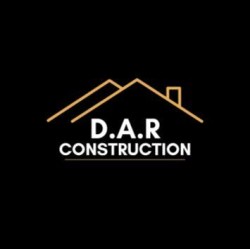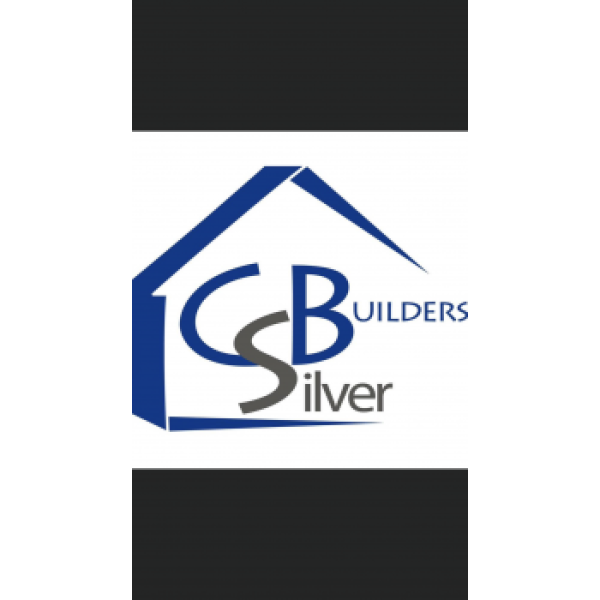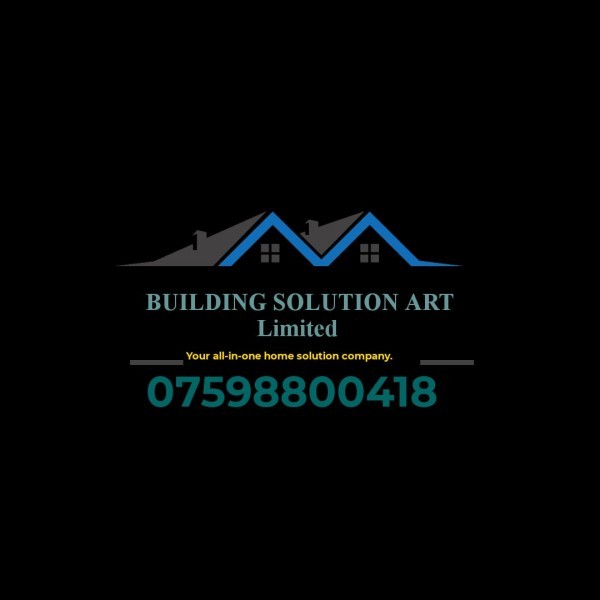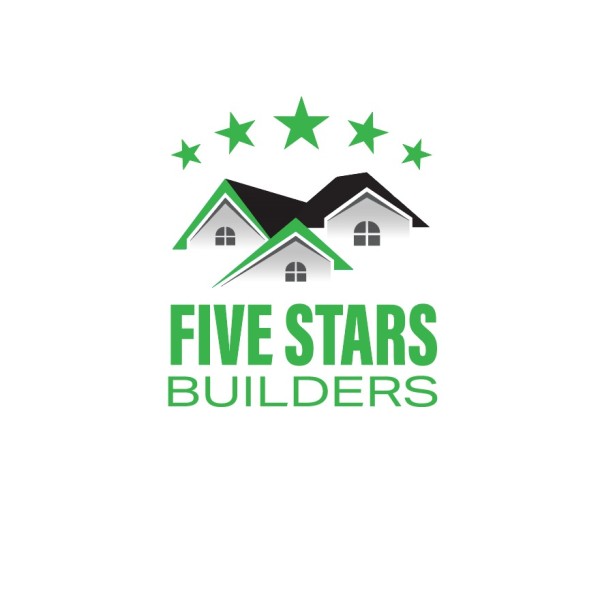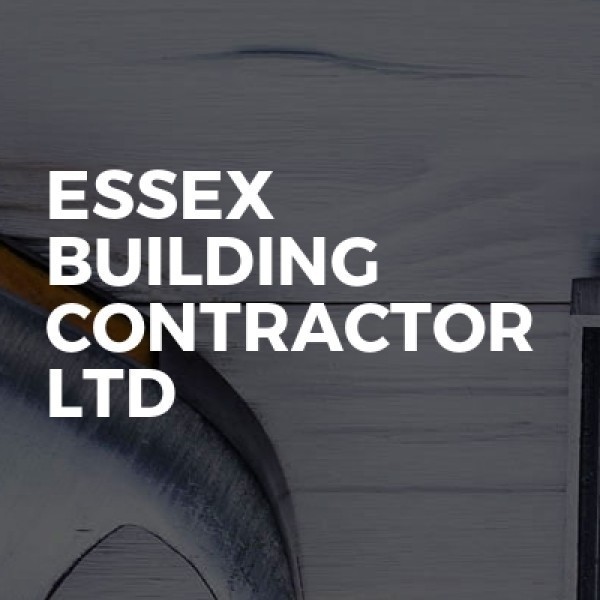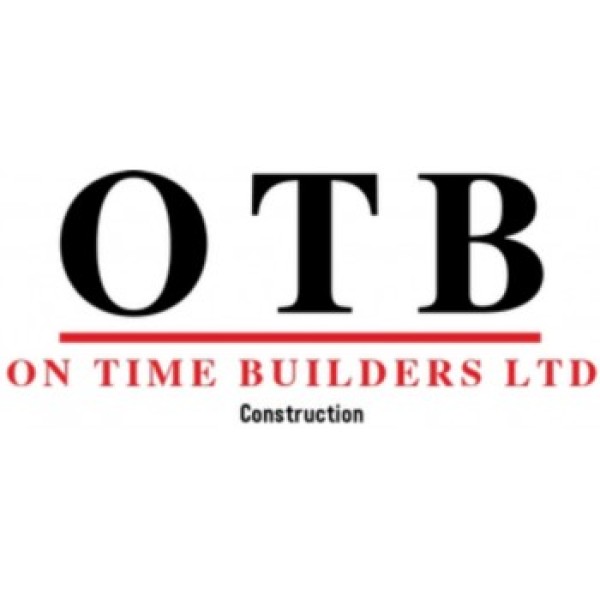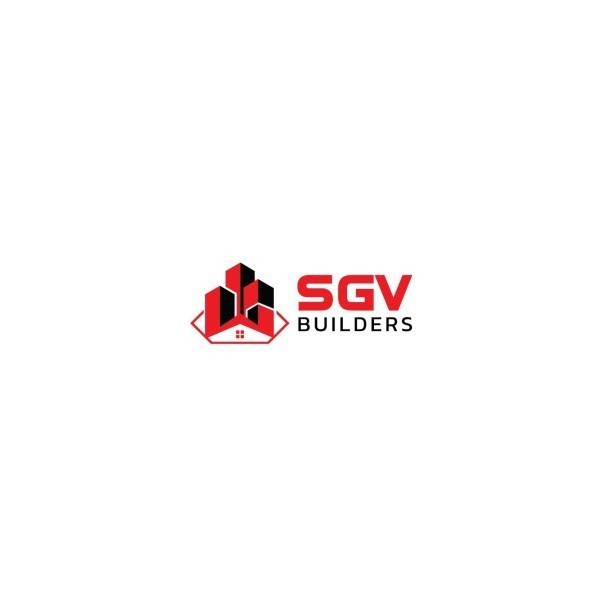Loft Conversions in Erith
Search Loft Conversions in places nearby
Introduction to Loft Conversions in Erith
Loft conversions in Erith have become increasingly popular as homeowners seek to maximise their living space without the hassle of moving. This charming town, nestled in the London Borough of Bexley, offers a unique blend of suburban tranquillity and urban convenience. With property prices on the rise, converting a loft can be a cost-effective way to add value and functionality to your home. In this article, we'll explore the ins and outs of loft conversions in Erith, providing you with a comprehensive guide to transforming your unused attic space into a beautiful and practical living area.
Understanding the Benefits of Loft Conversions
Loft conversions offer a myriad of benefits that make them an attractive option for homeowners. Firstly, they provide additional living space, which can be used for various purposes such as an extra bedroom, home office, or playroom. This added space can significantly enhance your quality of life, providing a private retreat or a functional area tailored to your needs.
Moreover, a well-executed loft conversion can increase the value of your property. In Erith, where space is at a premium, a loft conversion can make your home more appealing to potential buyers, offering a substantial return on investment. Additionally, converting your loft is often more economical than building an extension, as it utilises existing space and requires fewer structural changes.
Environmental and Energy Efficiency
Another advantage of loft conversions is their potential to improve your home's energy efficiency. By insulating the loft space, you can reduce heat loss and lower your energy bills. This not only benefits your wallet but also contributes to a more sustainable lifestyle, aligning with the growing emphasis on eco-friendly living.
Types of Loft Conversions Available
When considering a loft conversion in Erith, it's essential to understand the different types available. Each type has its own set of advantages and considerations, depending on your home's structure and your personal preferences.
Velux Loft Conversion
The Velux loft conversion is the simplest and most cost-effective option. It involves installing Velux windows into the existing roofline, allowing natural light to flood the space. This type of conversion is ideal for homes with sufficient headroom and is less disruptive as it doesn't require significant structural alterations.
Dormer Loft Conversion
A dormer loft conversion involves extending the existing roof to create additional headroom and floor space. This type of conversion is versatile and can be adapted to suit various styles, making it a popular choice for homeowners seeking to maximise their loft's potential.
Mansard Loft Conversion
Mansard conversions are more complex and involve altering the roof structure to create a flat roof with steeply sloping sides. This type of conversion offers the most space and flexibility, making it ideal for those looking to create a substantial living area. However, it often requires planning permission due to the significant changes to the roofline.
Hip to Gable Loft Conversion
For homes with a hipped roof, a hip to gable conversion can be an excellent option. This involves extending the sloping side of the roof to create a vertical gable wall, providing additional space and headroom. This type of conversion is particularly suited to semi-detached or detached properties.
Planning Permission and Building Regulations
Before embarking on a loft conversion in Erith, it's crucial to understand the planning permission and building regulations involved. While some conversions may fall under permitted development rights, others may require formal planning permission, especially if they involve significant structural changes or alterations to the roofline.
Permitted Development Rights
Many loft conversions can be carried out under permitted development rights, which allow certain types of work to be undertaken without the need for planning permission. However, these rights are subject to specific conditions and limitations, such as the volume of the additional space created and the height of the new roof.
Building Regulations
Regardless of whether planning permission is required, all loft conversions must comply with building regulations. These regulations ensure that the conversion is structurally sound, safe, and energy-efficient. Key areas covered by building regulations include fire safety, insulation, and access.
Choosing the Right Loft Conversion Specialist
Selecting the right specialist is crucial to the success of your loft conversion project. A reputable and experienced contractor will guide you through the process, ensuring that your conversion is completed to the highest standard.
Research and Recommendations
Start by researching local loft conversion specialists in Erith. Look for companies with a strong track record and positive customer reviews. Personal recommendations from friends or family can also be invaluable in finding a trustworthy contractor.
Assessing Experience and Expertise
When evaluating potential specialists, consider their experience and expertise in loft conversions. Ask to see examples of their previous work and inquire about their familiarity with local planning regulations and building codes.
Obtaining Quotes and Comparing Costs
It's essential to obtain detailed quotes from several contractors to compare costs and services. Ensure that the quotes include all aspects of the project, from design and planning to construction and finishing touches. Be wary of quotes that seem too good to be true, as they may indicate subpar workmanship or hidden costs.
Designing Your Loft Conversion
The design phase is a critical step in the loft conversion process, as it sets the foundation for the entire project. A well-thought-out design will ensure that your new space is both functional and aesthetically pleasing.
Maximising Space and Light
When designing your loft conversion, consider how to maximise space and natural light. Clever use of windows, skylights, and mirrors can create a bright and airy atmosphere, while smart storage solutions can help you make the most of the available space.
Choosing the Right Layout
The layout of your loft conversion should reflect its intended use. Whether you're creating a bedroom, office, or playroom, ensure that the layout is practical and meets your needs. Consider factors such as access, privacy, and the flow of movement within the space.
Incorporating Personal Style
Your loft conversion should be a reflection of your personal style and taste. Choose colours, materials, and furnishings that complement the rest of your home while adding a unique touch to the new space. Don't be afraid to experiment with bold design elements or statement pieces to create a truly personalised environment.
Cost Considerations for Loft Conversions
Understanding the costs involved in a loft conversion is essential for budgeting and planning purposes. While the overall cost will depend on various factors, such as the type of conversion and the complexity of the project, there are some general considerations to keep in mind.
Factors Affecting Cost
Several factors can influence the cost of a loft conversion, including the size of the space, the type of conversion, and the materials used. Additional costs may arise from planning permission, building regulations, and any unforeseen structural issues.
Budgeting for Your Conversion
To ensure that your loft conversion stays within budget, it's important to plan carefully and set realistic expectations. Consider creating a detailed budget that outlines all potential expenses, including design, construction, and finishing touches. Allow for a contingency fund to cover any unexpected costs that may arise during the project.
Financing Options
If you're concerned about the cost of a loft conversion, there are several financing options available. These may include personal loans, remortgaging, or using savings. It's important to explore all options and choose the one that best suits your financial situation.
Common Challenges and How to Overcome Them
While loft conversions offer numerous benefits, they can also present certain challenges. Being aware of these potential obstacles and knowing how to address them can help ensure a smooth and successful project.
Structural Limitations
One common challenge is dealing with structural limitations, such as low headroom or awkward roof shapes. In such cases, creative design solutions and expert advice can help you make the most of the available space.
Planning and Regulatory Hurdles
Navigating planning permission and building regulations can be complex and time-consuming. To overcome these hurdles, work closely with your contractor and local authorities to ensure that all necessary approvals are obtained and that your conversion complies with all relevant regulations.
Managing Disruption
Loft conversions can be disruptive, particularly if you continue to live in the property during the construction phase. To minimise disruption, plan the project carefully and communicate regularly with your contractor to ensure that the work is completed as efficiently as possible.
Frequently Asked Questions
- Do I need planning permission for a loft conversion in Erith? Many loft conversions fall under permitted development rights, but it's essential to check with your local authority to determine if planning permission is required for your specific project.
- How long does a loft conversion take? The duration of a loft conversion can vary depending on the complexity of the project, but most conversions take between 6 to 12 weeks to complete.
- Can I convert my loft if I have a low roof? Yes, it's possible to convert a loft with a low roof, but it may require creative design solutions or structural alterations to maximise the available space.
- Will a loft conversion add value to my home? A well-executed loft conversion can significantly increase the value of your home, making it a worthwhile investment.
- How much does a loft conversion cost in Erith? The cost of a loft conversion can vary widely depending on factors such as the type of conversion and the size of the space, but prices typically range from £20,000 to £50,000.
- What is the best type of loft conversion for my home? The best type of loft conversion depends on your home's structure, your budget, and your personal preferences. Consulting with a specialist can help you determine the most suitable option for your needs.
Final Thoughts on Loft Conversions in Erith
Loft conversions in Erith offer a fantastic opportunity to enhance your living space and add value to your home. By understanding the different types of conversions available, navigating planning and regulatory requirements, and choosing the right specialist, you can transform your unused attic into a beautiful and functional area. Whether you're looking to create an extra bedroom, a home office, or a playroom, a loft conversion can provide the perfect solution to meet your needs and improve your quality of life. So, why not take the plunge and explore the potential of your loft today?






